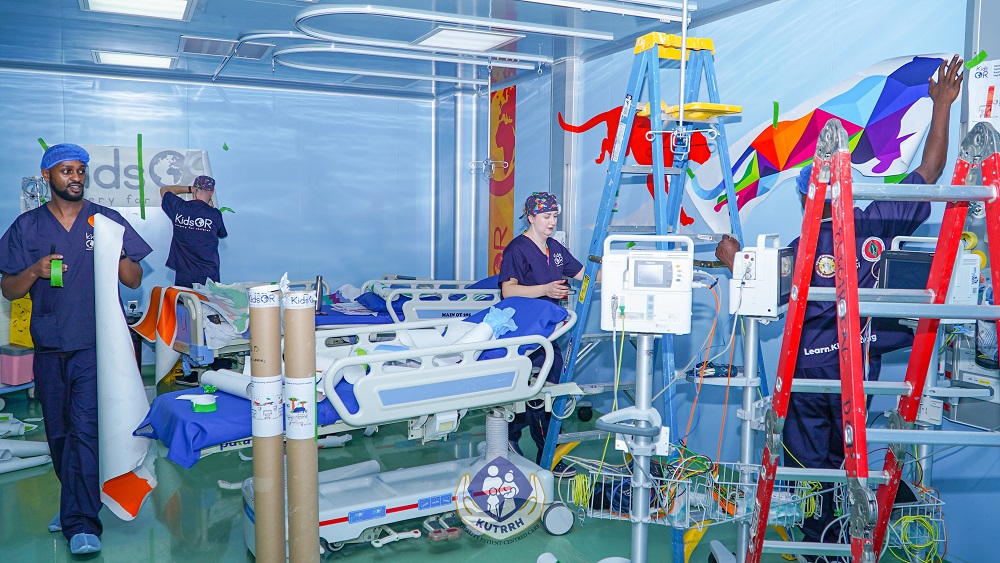Madaxweyne Donald Trump ayaa amray in ciidamada Mareykan ah loo diro magaalada Portland ee gobolka…

KUTRRH will soon offer kidney transplant.
By Moses Muli
Published: March 18,2024 12:21 PM(EAT)
Kenyatta University Teaching Research and Referral (KUTRRH) hospital will in six months begin offering kidney transplant services in collaboration with specialist doctors from India and the UK.
Establishment of a kidney transplant Centre at the facility is a relief to thousands of patients with chronic kidney diseases who are forced to incur huge treatment costs abroad.
According to the hospital board chairperson Olive Mugenda, KUTRRH has already started the training of local doctors in India and other countries to facilitate transplant knowledge transfer once the Centre is established.
With dialysis only being a stop-gap measure in the kidney disease treatment process for improved quality of life, Mugenda (pictured) underscored the urgent need for the hospital, which handles referral cases, to begin offering the crucial services.
Speaking during a free medical camp at the facility that saw over 1,000 people undergo kidney disease screening, Mugenda revealed that the hospital recently acquired 20 more dialysis machines bringing the number to 35.
“Our plan is to expand this even up to 50 as they are direly needed,” she said.
Poor lifestyle
She added: “The dialysis is however not what is required in the end. It cannot be done for life…Transplant is the end requirement, and we are working with specialist doctors with a plan to have the Centre established and operational in six months.”
The Level Six hospital CEO Ahmed Dagane urged Kenyans to observe measures that can prevent the disease.
According to Dr. Njogu Maina, a nephrologist and the head of the kidney department at the facility, the hospital has been receiving severe cases of the diseases.
Most of the patients, he said, report to hospital while at advanced stages which makes treatment difficult.
He blamed increase of kidney disease cases to poor eating habits, poor lifestyle, lack of physical exercise, lack of information, delayed screening among other challenges.



This Post Has 0 Comments